When we teach phonics, the main goal is to get students reading faster and more independently. Every phonics sound is paired with a keyword as a mnemonic device. Kids remember the sound “i” a lot better because it is paired with “igloo.”
But why “igloo”? In other phonics books, I see a lot of other “i” words – insect, ink, or sometimes iguana. Using “igloo” is not too common outside the Finding Out textbook series. “Igloo” seems like a silly choice of a word because there are not many contexts in which we can talk about igloos meaningfully. “Cats” and “dogs” are much easier to bring into conversation. So why “igloo”?
I was not inside David Paul’s head when he made the keyword choices while writing the Finding Out 1 textbook. This year, however, I stumbled onto a couple hints that make me think “igloo” is a very carefully chosen word.
At our last training day, Ryan, MY’s owner, talked briefly about pronunciation. One of the examples he offered was the difference between the English sound “n” and the Japanese “ん,” which could be pronounced “n,” “m,” or “ng,” depending on the Japanese word. It’s an odd Japanese character in that its pronunciation varies from word to word, and so distinguishing “n,” “m,” and “ng” is especially challenging for Japanese students.
There is no “n” in igloo. But here is the weird thing I noticed this year: Japanese students often mispronounce “igloo” as if it did. Somewhere around a quarter of my first-year elementary students say, even upon an initial correction, “ingloo.” Listen to my first-year student say, “ingloo.” (Jump to the 3:00 mark in the video.) I start to correct her, and she she still says, “ingaloo.” Even when this student finally gets rid of the “ng,” she holds onto a third syllable: “i-ga-loo.” The extra syllable is common for many Japanese students in many words, but “ng” in “igloo”?
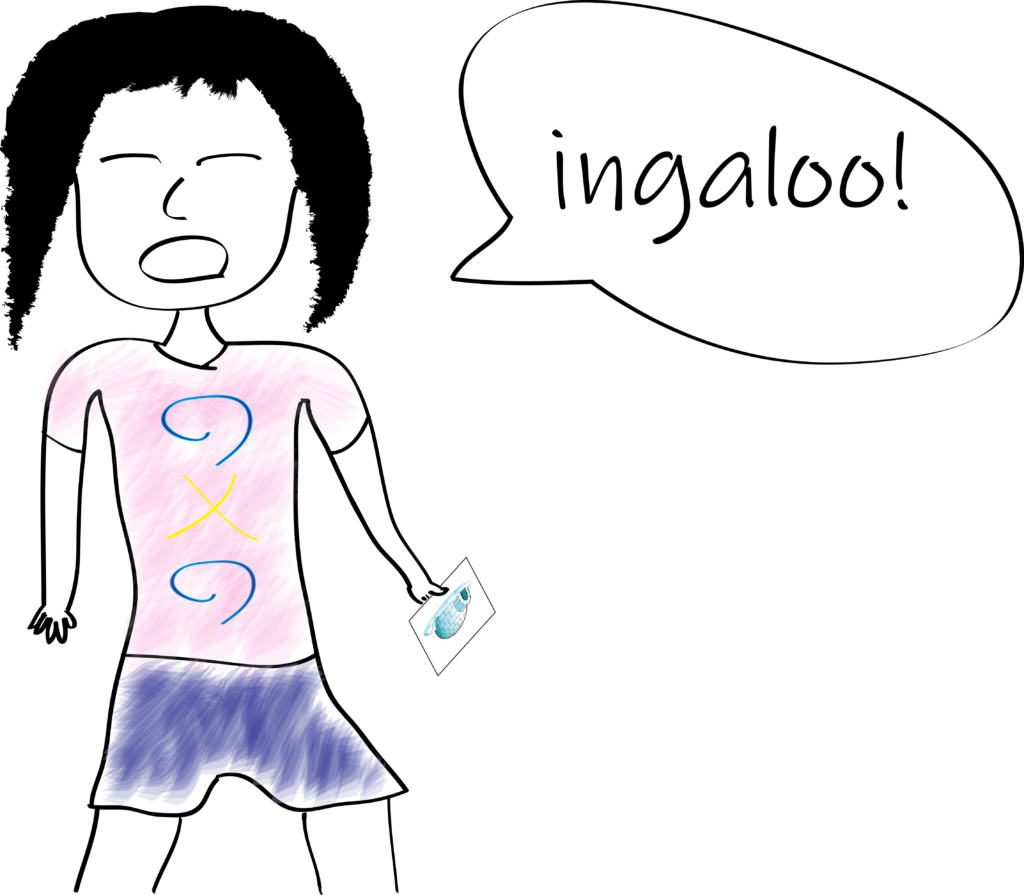
Why students hear “igloo” as “ingloo,” introducing the “ng” sound in place of the glottal stop “g,” is curious. Japanese does not have a glottal stop consonant sound. My guess is that Japanese kids often add the “ng” because that is what they hear. There is no “n” in “igloo,” but there is also no glottal “g” in Japanese. Some Japanese students don’t hear the glottal stop, and so their brains substitute a more familiar sound instead. The “g” gets blurred into “ん” for these students. Weird, right?
In the past, I noticed students often mispronouncing “igloo,” but I usually didn’t fight them about pronuciation too much. As long as students are getting the “i” sound, that’s what’s important, right? So what if the rest of the word is a bit off? I’m not so sure anymore, and I am taking extra time this year to correct the “ingloo” mispronuncation with my first-year elementary students. Here is my theory:
When we teach phonics, many spelling problems later on start from pronunciation problems in the earlier stages.
If my theory right, “ingloo” is actually a big warning sign that this student may struggle with spelling and pronunciation for many years after. If I help the student hear the correct English “g” sound now, can I help the student avoid some of these problems in the future? That’s my hope.
So, yes, the “i” sound is the primary phonics target, but the phonics keywords are chosen with other goals in mind, too. Students also need to start hearing English glottal stops. They need to develop correct pronunciation for sounds and words that are easily misheard and mispronounced by Japanese speakers. David Paul’s choices of keywords in Finding Out are not random. They are intentionally chosen to challenge Japanese speakers with sounds they don’t normally encounter in their native language.
“Igloo” is something new I learned this year. “Igloo” is important. What are some of the other “igloos” among the Finding Out vocabulary?

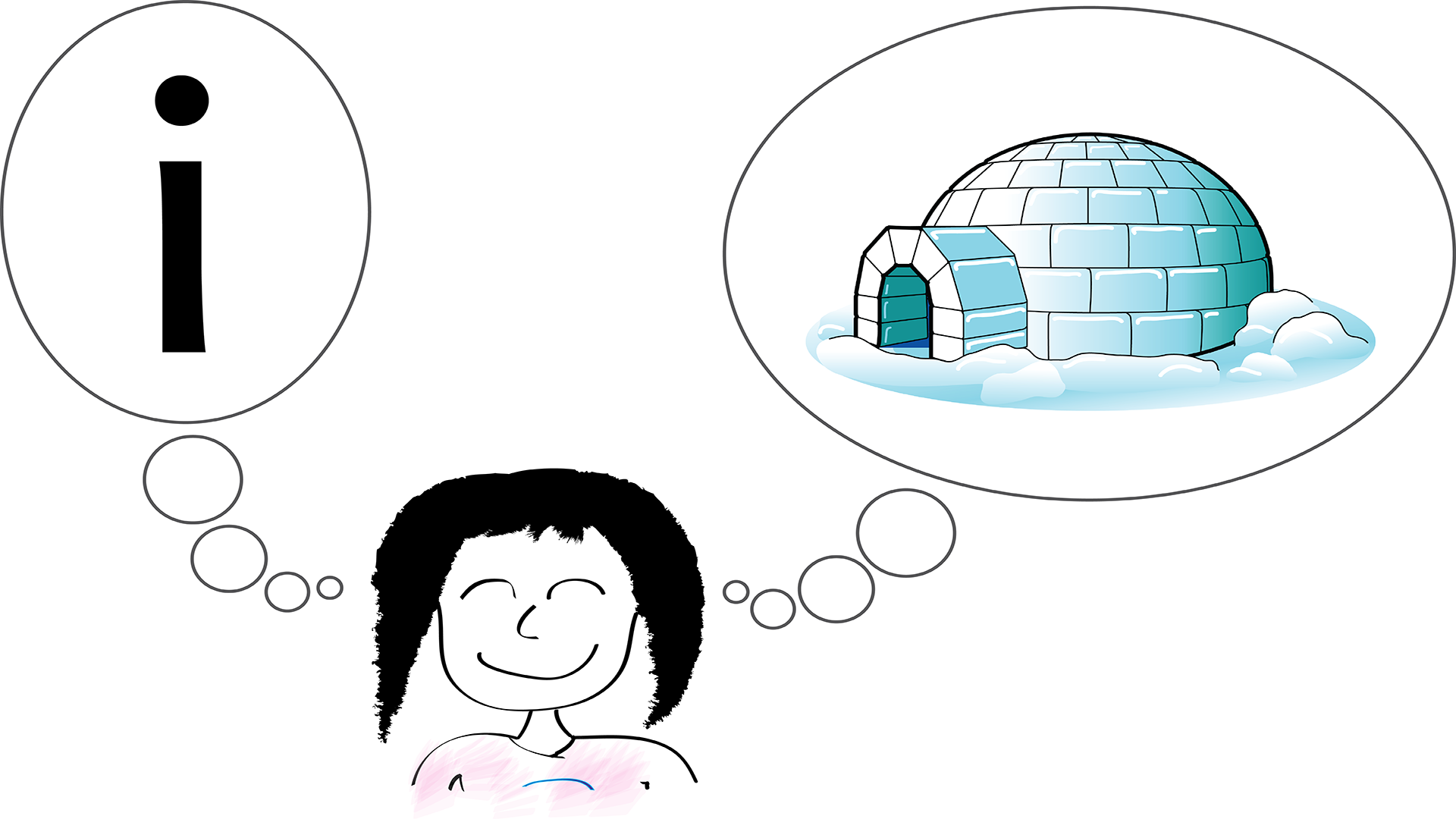
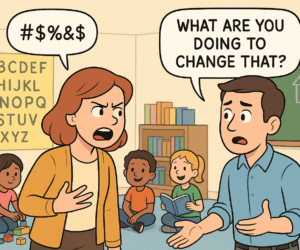
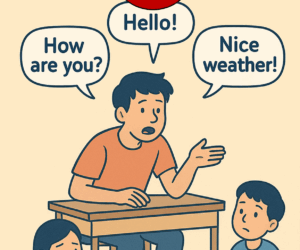
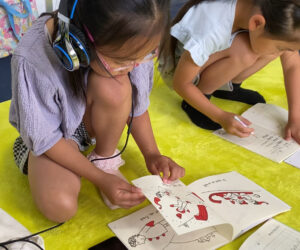





“I like texts!”
An inside joke, I approve of that!
Nice idea though, I’d like to film a video too, but I’ll need someone to edit it 😀
Alina!
It was my first time…lemme start that sentence again…I hadn’t edited a video like this before either. Do it! Learn a new skill!
Pretty interesting. Indeed, our brains are constantly filling in with information that is actually not there. That’s why for some people learning a second language listening can feel so hard, they don’t have the missing information and are filling in with something else instead.
Thanks for sharing!
https://www.newscientist.com/article/2124214-your-brain-fills-gaps-in-your-hearing-without-you-realising/